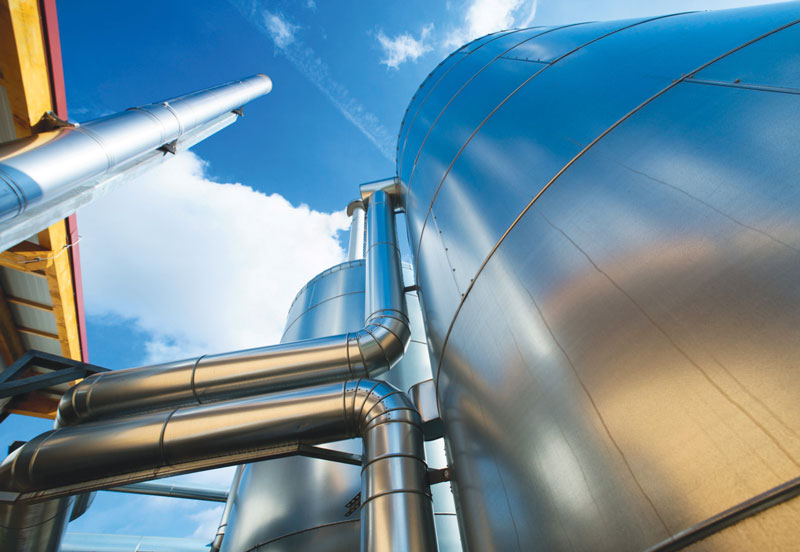A new research report by the Australian Academy of Technological Sciences and Engineering (ATSE) in partnership with Fortescue highlights the urgent need for Australia to reduce reliance on diesel in mining, road freight, agriculture, fisheries and forestry.
“There is an urgent need to decarbonise Australia’s most emissions-intensive sectors,” Dr. Kylie Walker, ASTE chief executive, said. “By encouraging the application of mature clean fuel technologies, investing in fast-tracking clean tech in development, reducing the cost of green alternatives, and increasing the cost of diesel in a targeted and balanced way, Australia can achieve its industrial decarbonisation.”
The report gives five clear recommendations, including that the Federal Government commission an independent review to reform financial incentives that support diesel use, including the Fuel Tax Credits Scheme (FTCS).
“Heavy Industry wants to transition to cleaner fuels, but the current policy settings make it harder than it should be. Right now, the Fuel Tax Credit Scheme effectively subsidises burning diesel, while companies that invest in clean alternatives face higher costs, especially in this transition period. That imbalance holds back innovation and locks in emissions,” ATSE Fellow, Fortescue Board Member and former CSIRO Chief Executive Dr. Larry Marshall said.
“The Federal Government has a critical role to play in fixing those settings and creating incentives that accelerate the adoption of clean technologies. At the same time, industry must step up and co-invest in the solutions that will cut emissions and deliver new green industries for Australia.
“If we want Australia to become a Clean Energy Superpower; if we want a Future Made in Australia; then we need a system that rewards smarter, cleaner choices. Emerging clean technologies need the right mix of policy, incentives and investment to make Australia’s green and gold vision a reality,” Marshall concluded.
The full report can be found here.
Source: ASTE

